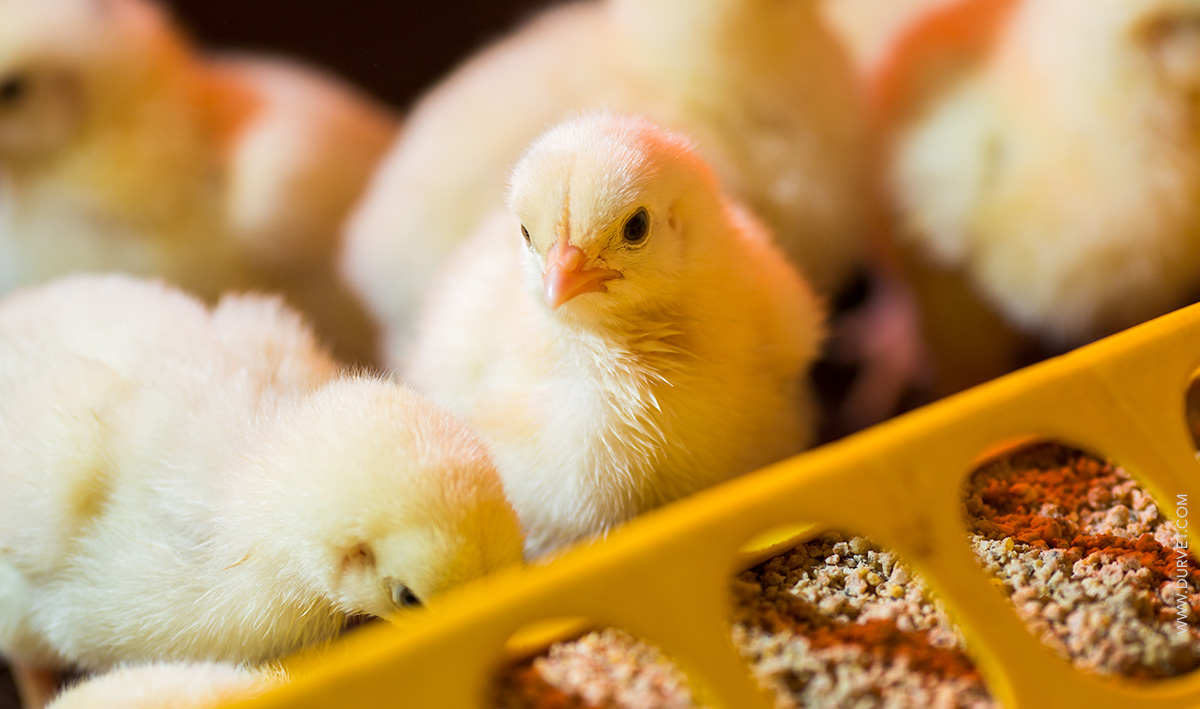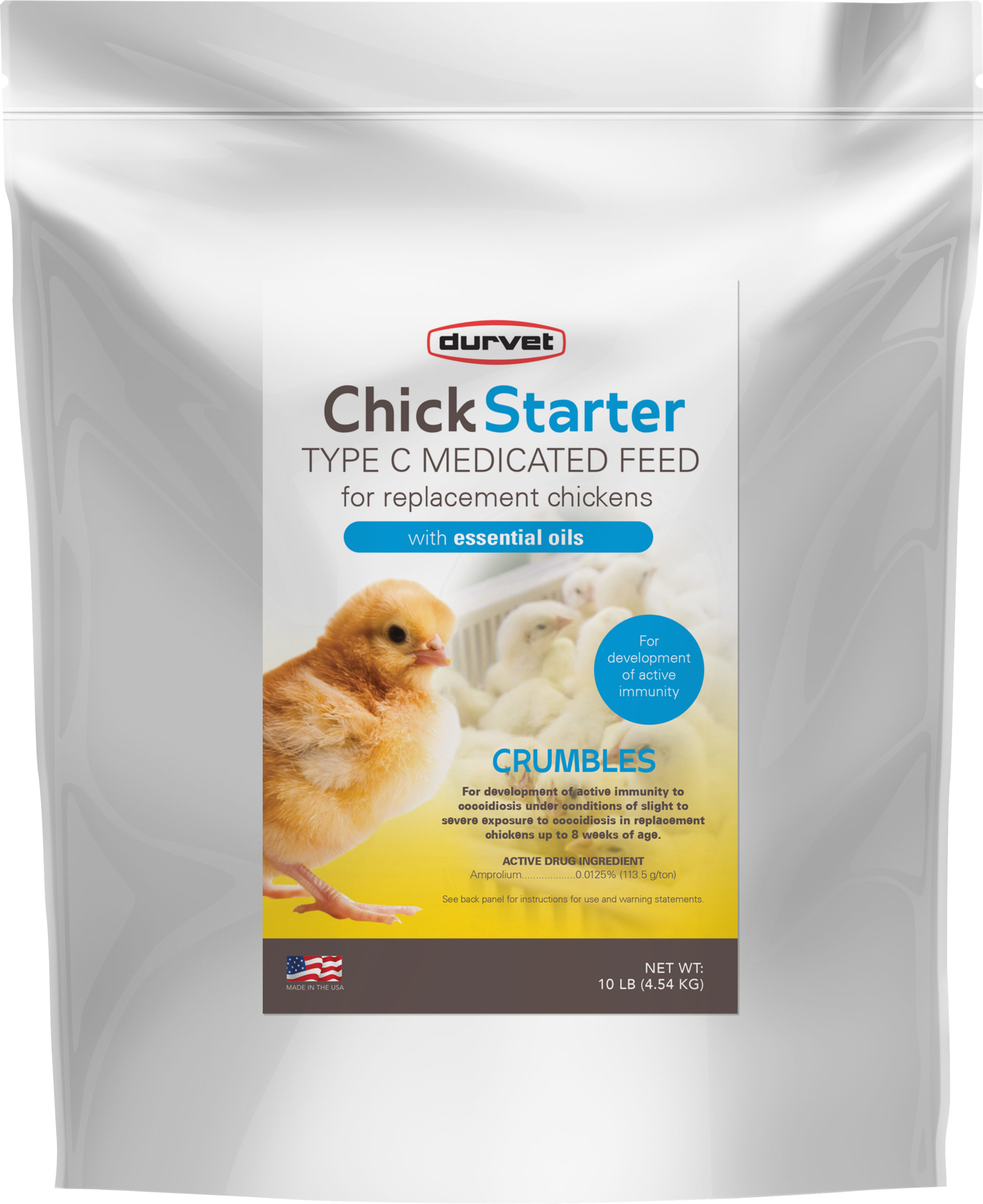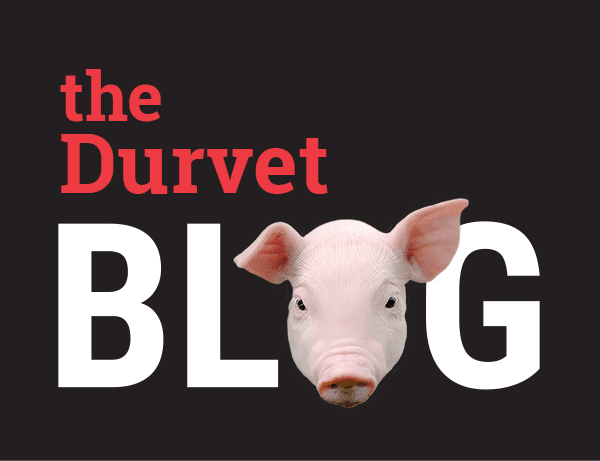
Chick Days are here! Are you prepared for your new chicks? It's easy to get caught up in the excitement, but it's crucial not to overlook anything when prepping for a new flock. We'll guide you through the essential steps and items needed to ensure your chicks grow up happy and healthy.
Here are some supplies that should be on your chick checklist:
Brooder: A secure, draft-free container to keep your chicks in their early days. This can be a large tote, a box, or a purpose-built brooder. Ensure it has good ventilation.
Heat Source: A heat lamp or heating pad to maintain the proper temperature in the brooder. Chicks require a warm environment, usually around 95°F (35°C) in their first week, with a gradual decrease by 5°F each week until they are fully feathered.
Bedding: Soft and absorbent bedding material, such as pine shavings or straw, to keep the brooder clean and provide a comfortable surface for the chicks.
Feeder and Waterer: Shallow and easily accessible feeders and waterers to ensure your chicks can eat and drink comfortably. Clean and refill these regularly.
Chick Starter Feed: A high-quality chick starter feed with essential nutrients for their early growth. Look for feeds specifically formulated for chicks.
As you prepare for the arrival of your chicks, it's also important to remember that they won't stay small forever. Eventually, they'll mature into hens and roosters, so making preparations ahead of this will ensure you're ready for the transition.
Here are some valuable tips to help you navigate this stage effectively:
Coop: Having one is crucial for the well-being and safety of your chickens. It provides protection from predators, shelter from the elements, a designated space for roosting and nesting, disease prevention, and helps regulate social dynamics within the flock.
Run or Outdoor Space: Chickens need space to move around, scratch, and forage. A secure outdoor run or free-range area will give your chickens the opportunity to explore, dust bathe, and engage in natural behaviors.
Nesting Boxes: If your coop doesn't have nesting boxes, consider adding them. Nesting boxes provide a designated, clean space for hens to lay eggs.
Perches: Chickens like to roost at night. Install sturdy perches at an elevated position in the coop to give them a comfortable place to sleep.
Dust Bath Area: Chickens love dust bathing, which helps keep their feathers clean and control parasites. Provide a designated area with dust or dry soil for them to enjoy this natural behavior.
Feed and Water Containers: As chickens grow, they need larger feeders and waterers. Ensure a steady supply of fresh water and a balanced layer feed appropriate for adult chickens.
Health Supplements: Consider continuing to provide vitamins, electrolytes, or probiotics to support overall health. Consult with a local veterinarian or poultry expert for guidance on specific supplements.
No Pick’n: With a flock, and new members joining their flock, there probably will be some bullying. Make sure you have No Pick’n on hand as a helpful solution to discourage feather pecking and cannibalism among your chickens.
Secure Fencing: If your chickens aren’t going to be free range, ensure that the outdoor area is securely fenced to protect your chickens from predators. Regularly inspect the fencing to identify and repair any potential weak points.
Egg Collection Supplies: If you have laying hens, make sure you have egg collection supplies such as baskets or egg cartons. Collect eggs regularly to maintain cleanliness and freshness.
Regular Cleaning Supplies: Regularly clean the coop and replace bedding to maintain a healthy living environment for your chickens. Having the right cleaning supplies is crucial.
Here is one thing to remember, a challenge in raising chicks is the difficulty in identifying their gender. Sometimes, what you thought was a hen might turn out to be a rooster. Be prepared for the possibility of roosters in your flock, especially if local regulations restrict them. Roosters can bring benefits such as protection and fertilization but also pose challenges like crowing and potential aggression.
Now, you should feel equipped and ready to take on the chicken journey, go to a farm store near you and get your flock along with the essential Durvet chicken products!

 BACK TO MAIN BLOG
BACK TO MAIN BLOG 

Comment